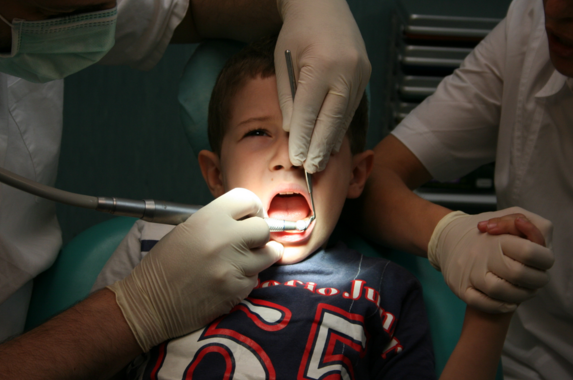Being a parent is already a tough job but dealing with your child’s wisdom teeth being pulled is even tougher. The extractions of wisdom teeth are vital to your child’s health and future. A parent should take care of extracting wisdom teeth, once a child starts experiencing any pains or discomfort. Children start experiencing these pains usually around their early and mid-teenage years. To emphasize how important it is to extract a wisdom tooth from a child’s mouth, here are a few tips that parents could benefit from.
Recognize The Symptoms
The first thing parents should recognize is if their child is experiencing problems or symptoms. There are a variety of symptoms that you should take into consideration such as, pain or jaw stiffness near an impacted tooth, irritation from a tooth entering in the gums in an awkward position, tooth decay if the tooth doesn’t have enough room for proper cleaning and more. Noticing your child’s symptoms could save them and you a lot of issues to come in the future.
The Issues
Once a wisdom tooth begins to hurt, it can lead to inflammation or infection if the wisdom tooth doesn’t receive the proper attention. Also, if your wisdom teeth break through your gums half-way, it can cause a flap of gum tissue to grow over the wisdom teeth. If your child experiences a situation like this, food can become trapped in the gums and lead to a gum infection.
The Solution
To prevent your child from experiencing any of these issues, you should take care of a wisdom tooth as fast as possible. After dealing with a wisdom tooth extraction, there are some procedures a parent should follow to make this a painless experience. After any tooth extraction, a patient will experience bleeding for about 7 hours after the extraction. During this stage, you should input gauze over the open tooth socket and bite down hard. Making sure to apply consistent pressure for 45 minutes will contribute to a blood clot forming on the open tooth socket.
The Healing Process
It is vital for the open socket to form a blood clot. If a blood clot doesn’t form, this could lead to a very unpleasant and painful experience of a dry socket. Experiencing a dry socket is one of the common issues patients deal with after a tooth extraction. If a blood clot does form properly, then a child or a patient would experience the normal issues of facial swelling. A child is able to take certain pain medications such as Tylenol or ibuprofen but the dosage would depend on the child’s age.
During the healing process, your child can continue to brush their teeth, however, they should be hesitant to brush directly over the tooth extraction. If you and your child follow these tips on dealing with wisdom teeth extractions, you should be in good shape after the procedure.
If you are looking to gain more insight on dealing with a wisdom tooth, you should check out this link here.
Also, you can follow me on Twitter to find out more information on dentistry.

